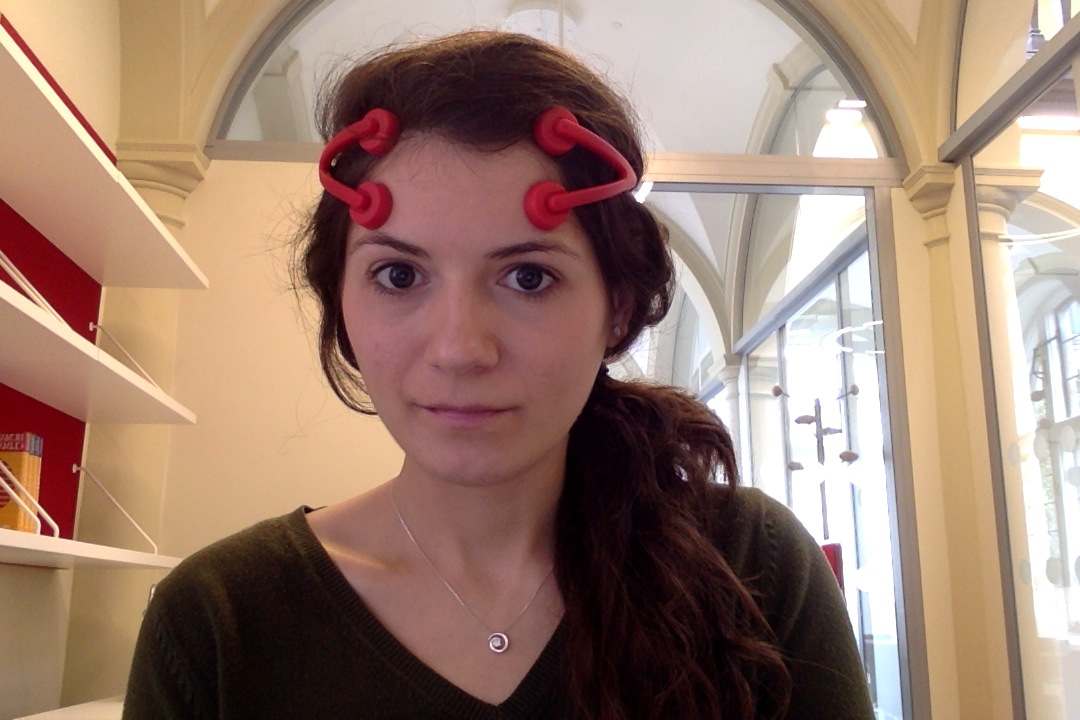Moral Enhancement and Violence
In recent years, I’ve written a lot on moral enhancement, including moral bioenhancement (e.g., here, here and here), and argued that we should not reject its potential benefits out of hand. One common objection has been to say something along the lines of “sure, this would be good in theory, but the science behind it is so far off that you may as well be talking about the number of angels on a pinhead”.
But recent research suggests our moral behavior is already improving in some respects. In the UK, admissions to hospital due to violent crime fell by 12% . And in the US, a recent survey revealed a decline in violence experienced by children over the past decade, particularly assault and sexual violence. This is also a major theme of Stephen Pinker’s “Better Angels of Our Nature.” Pinker documents the widespread reduction in violence over centuries.

